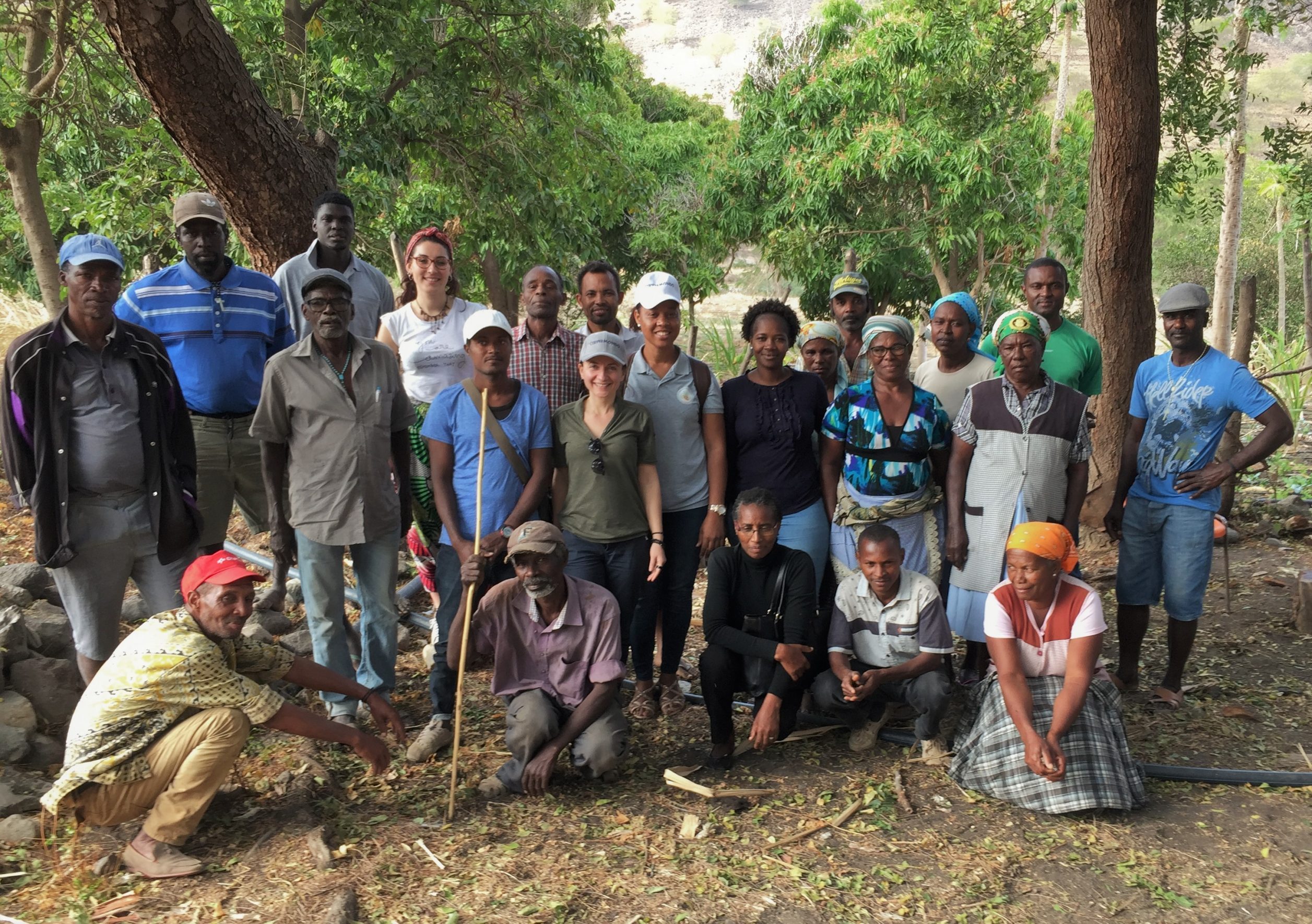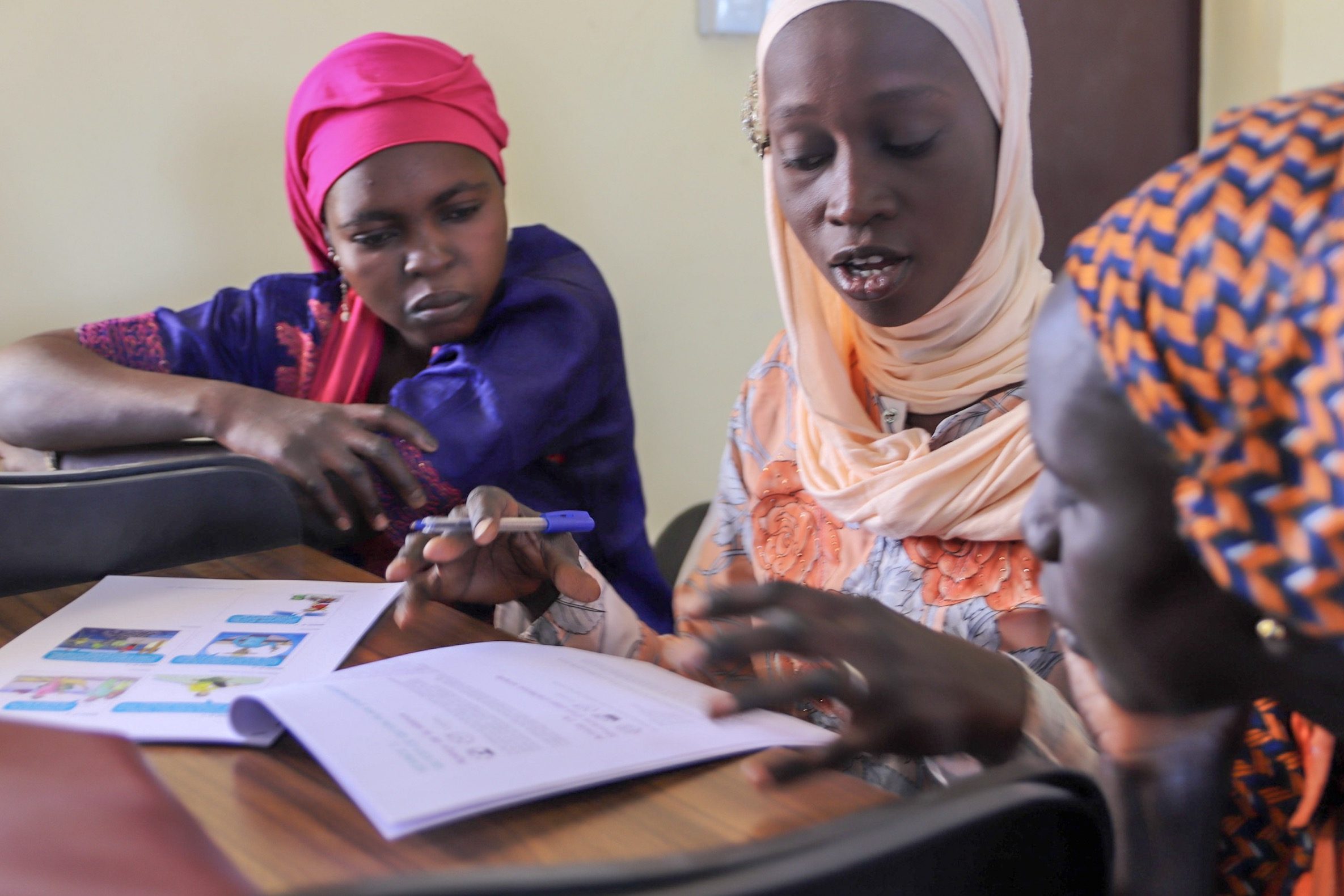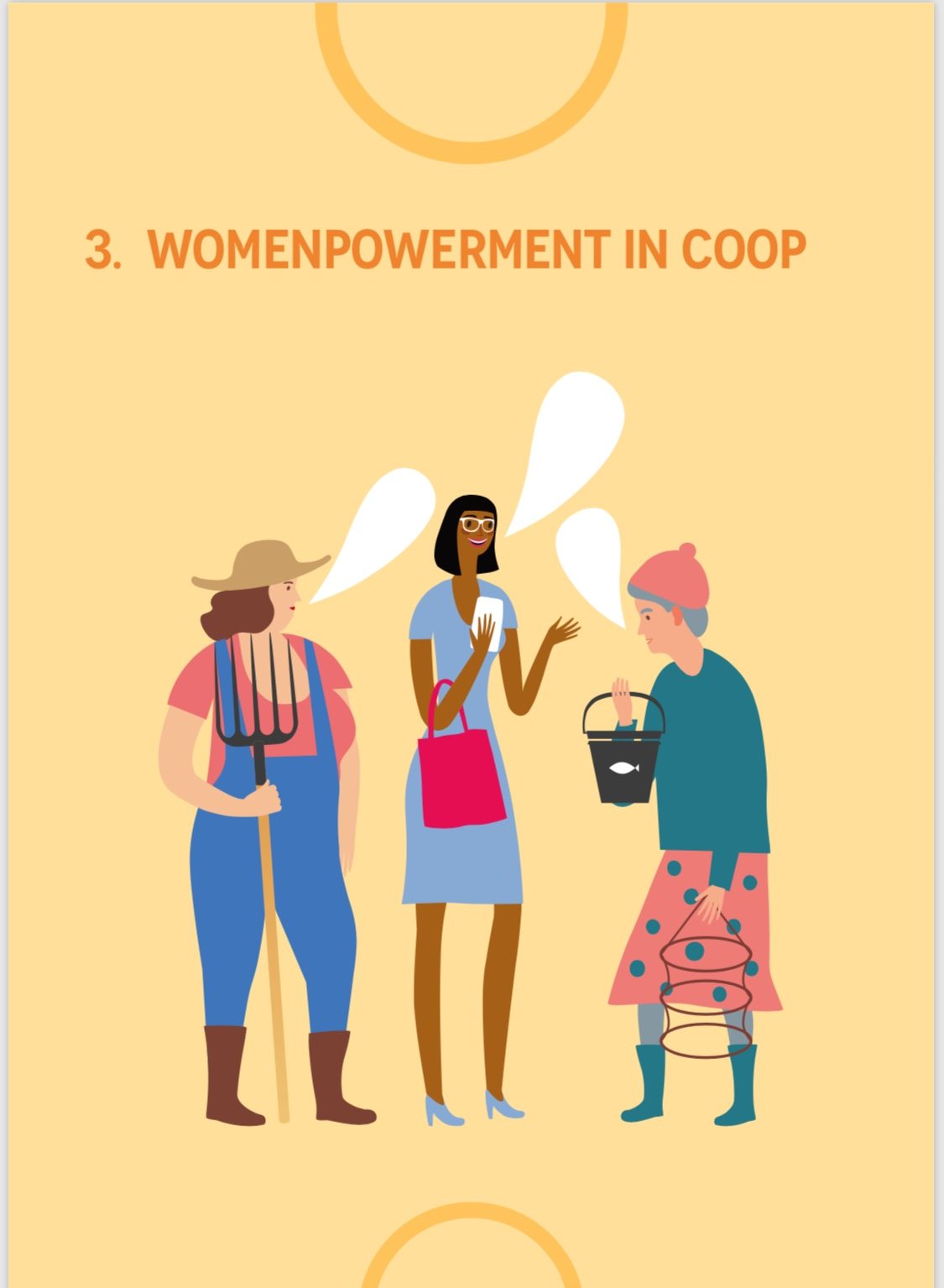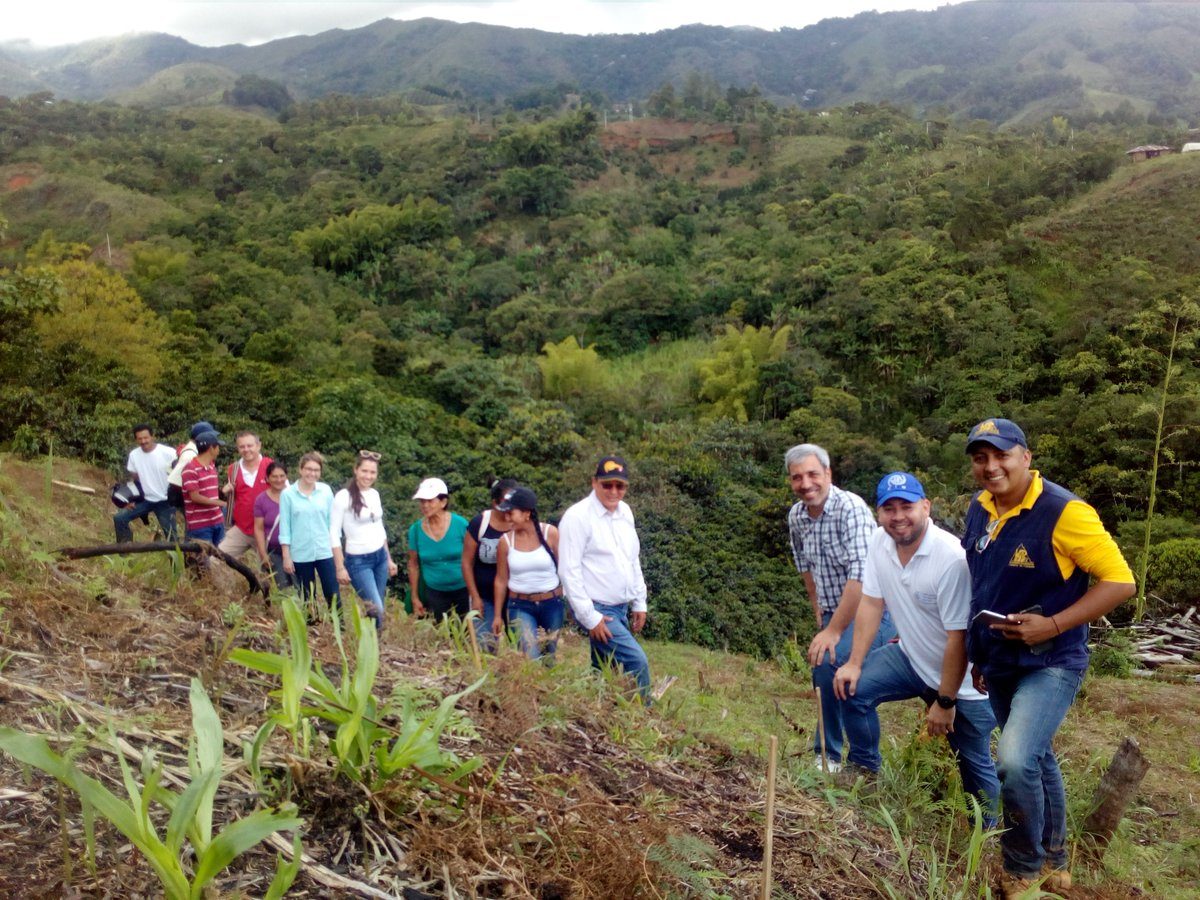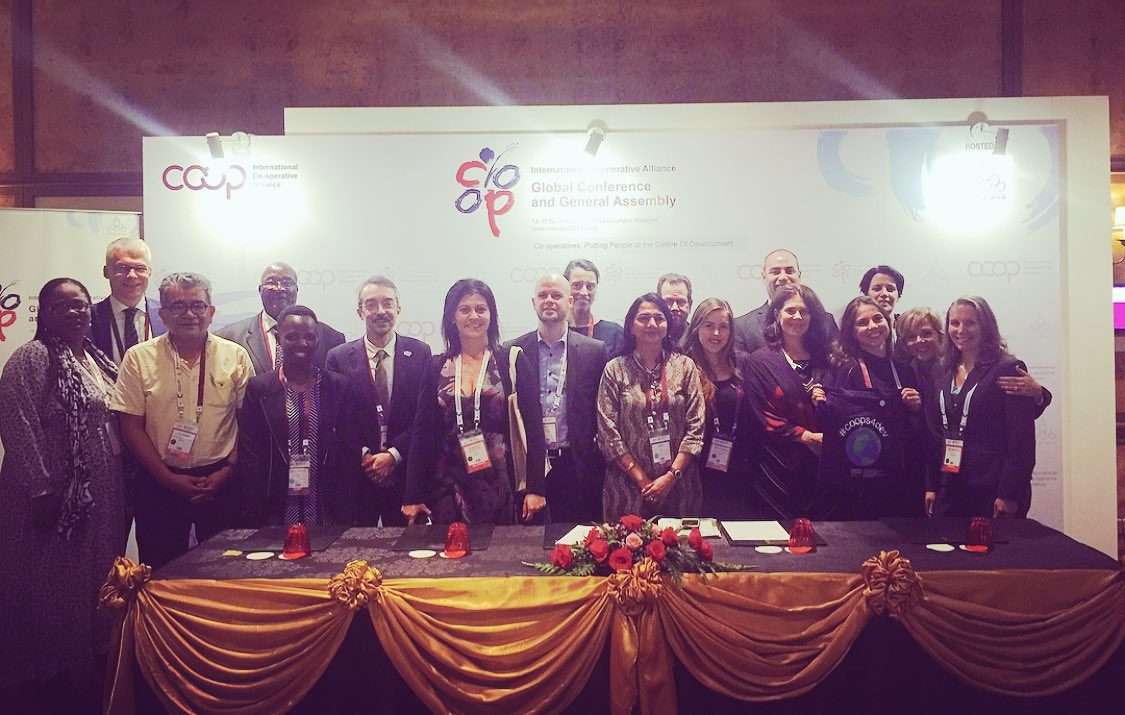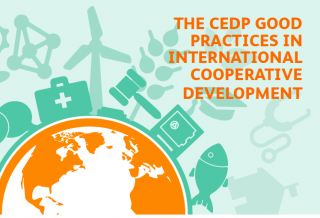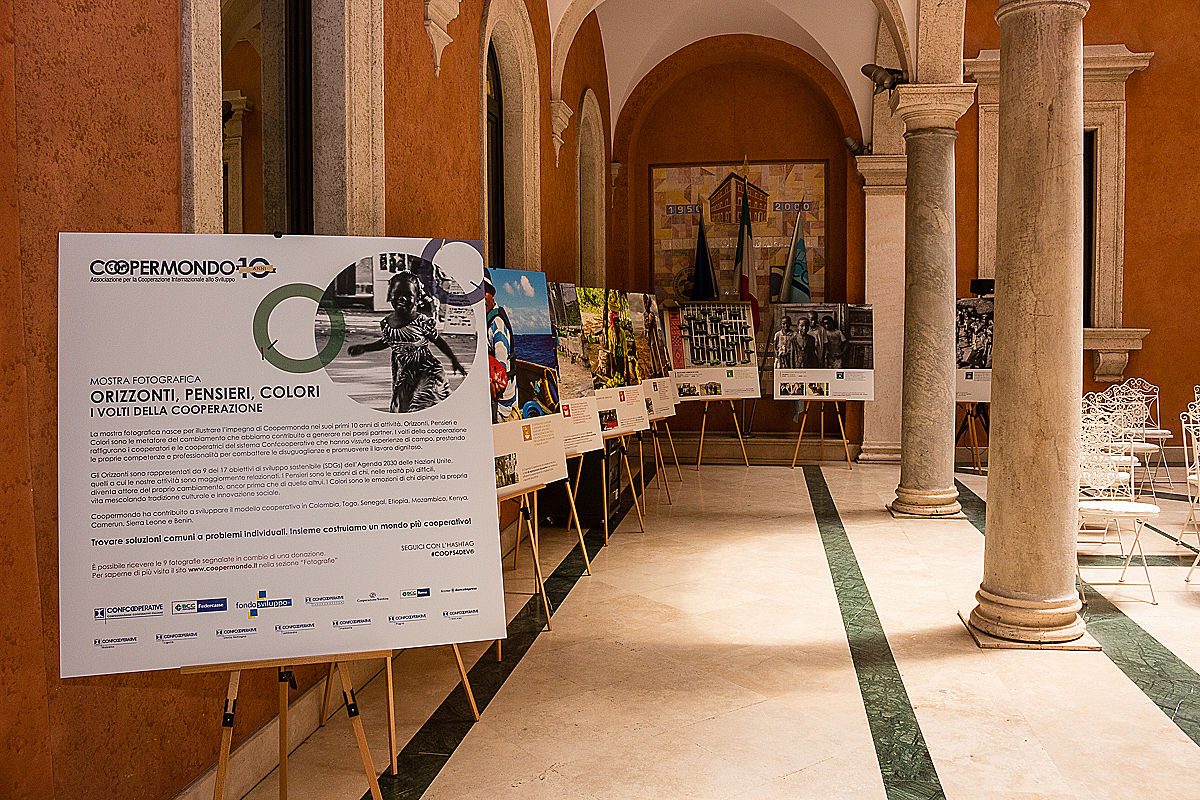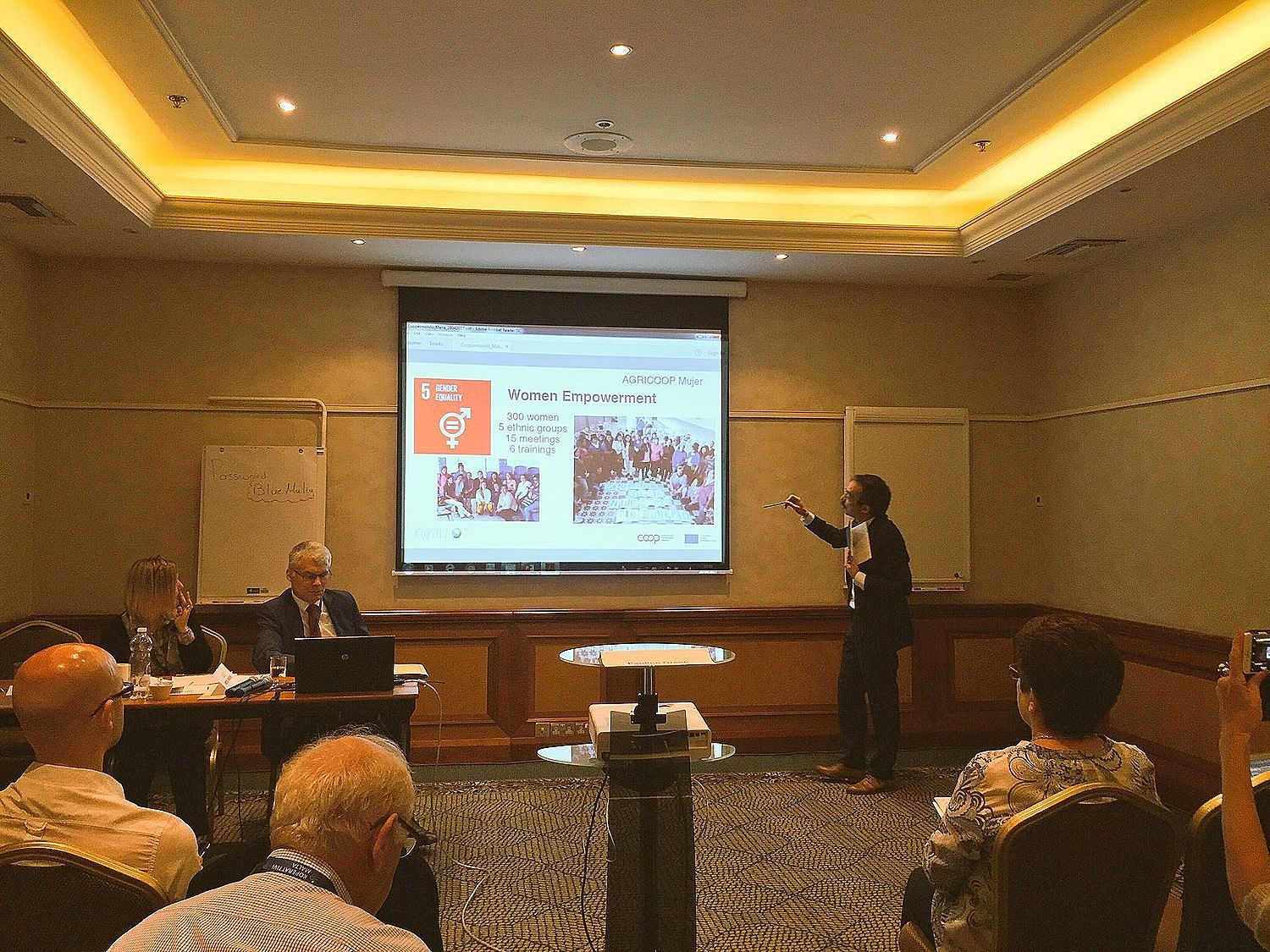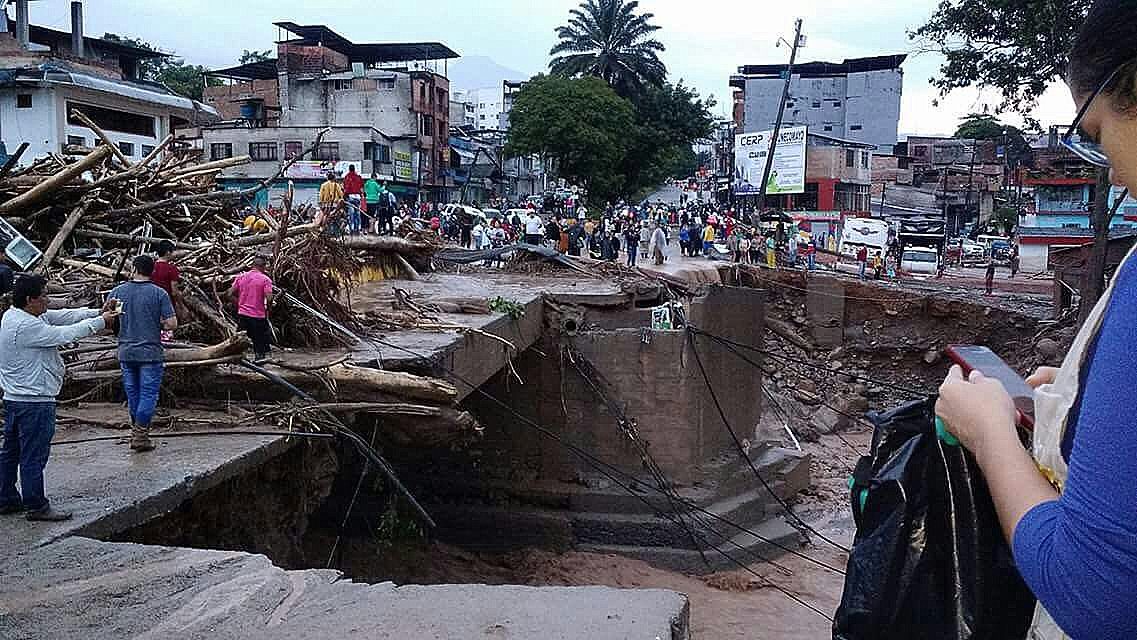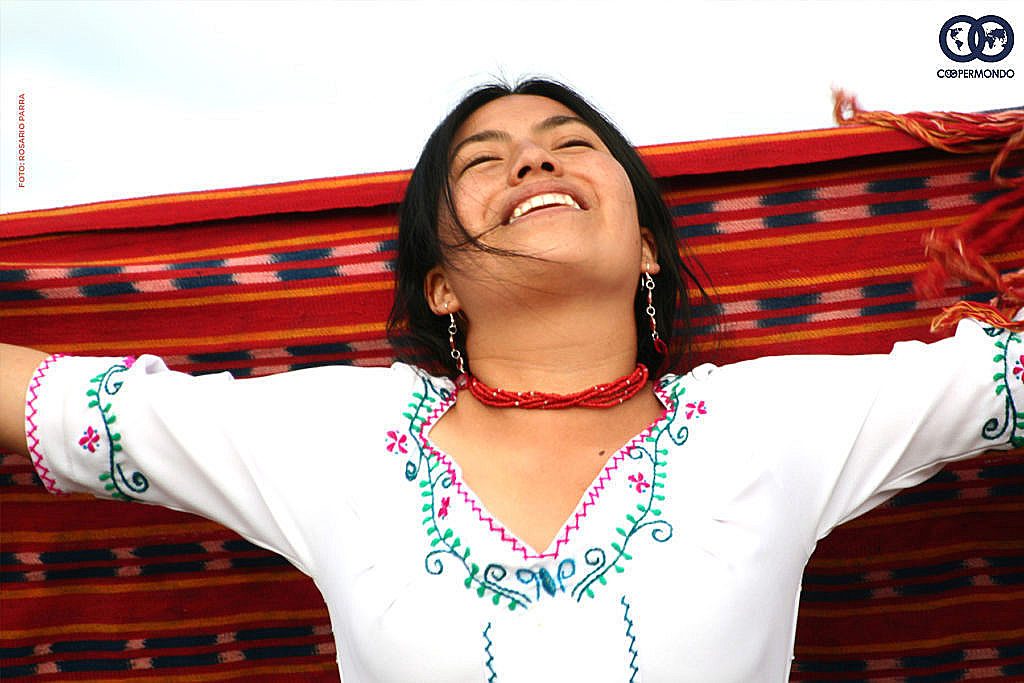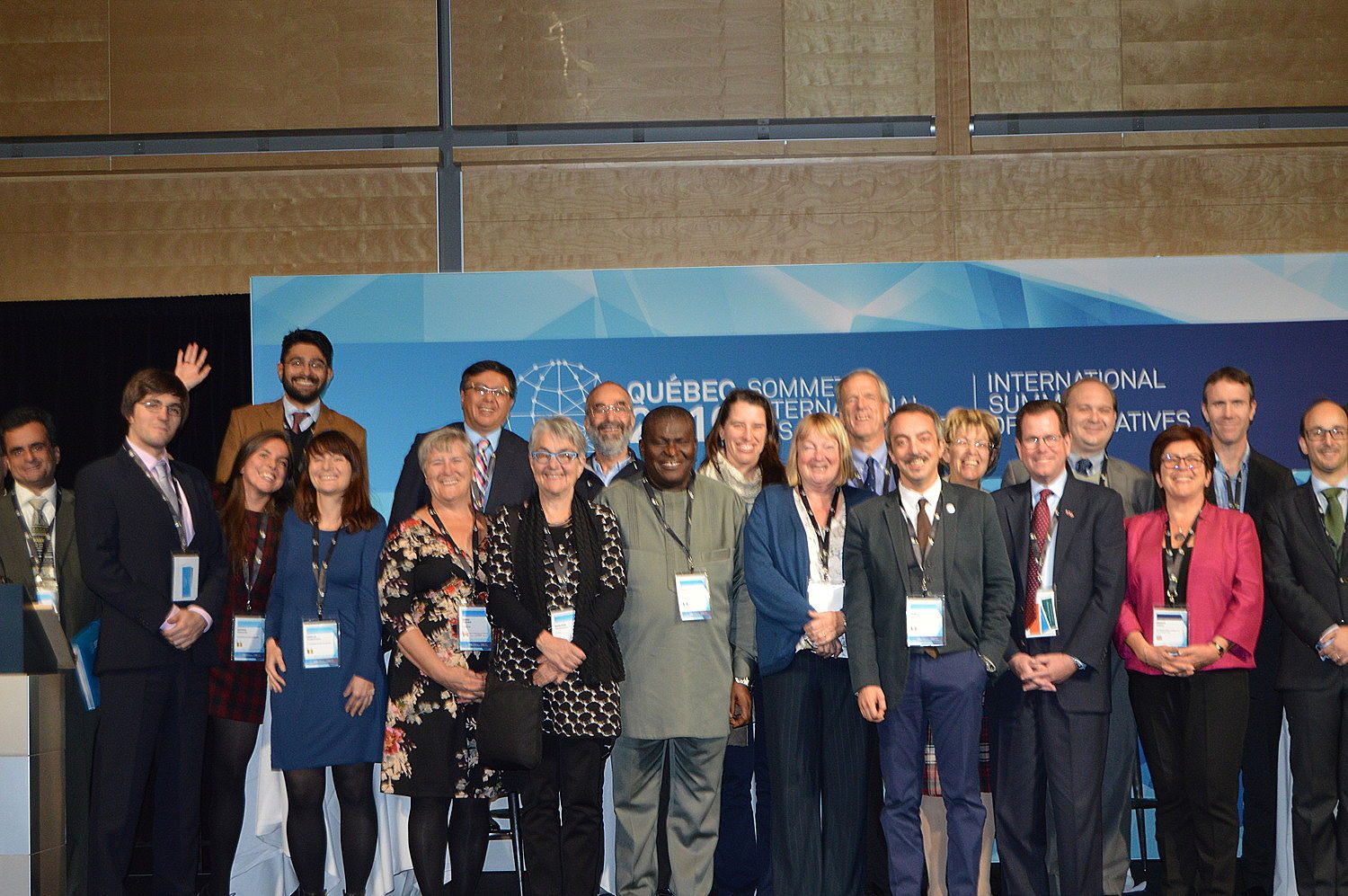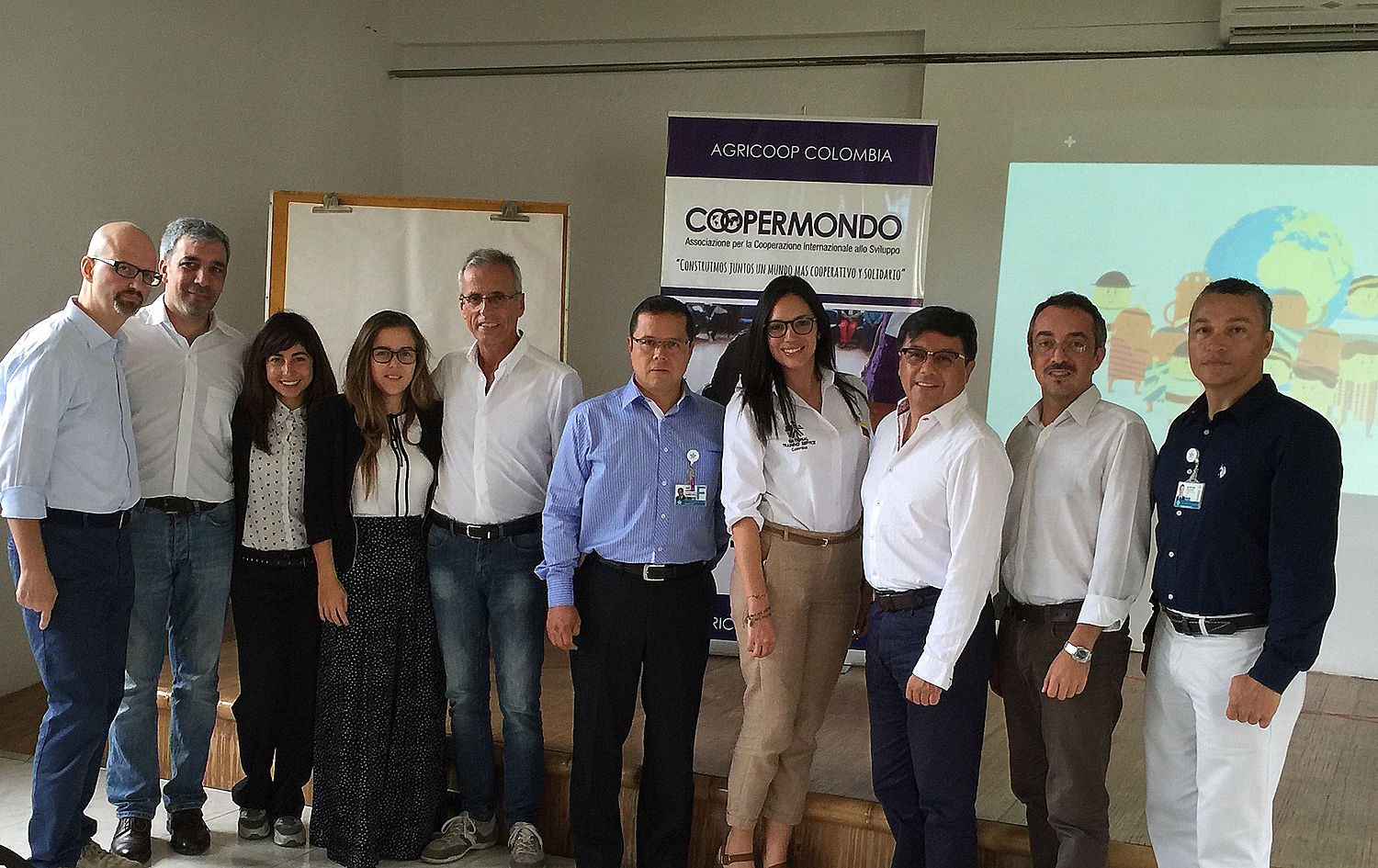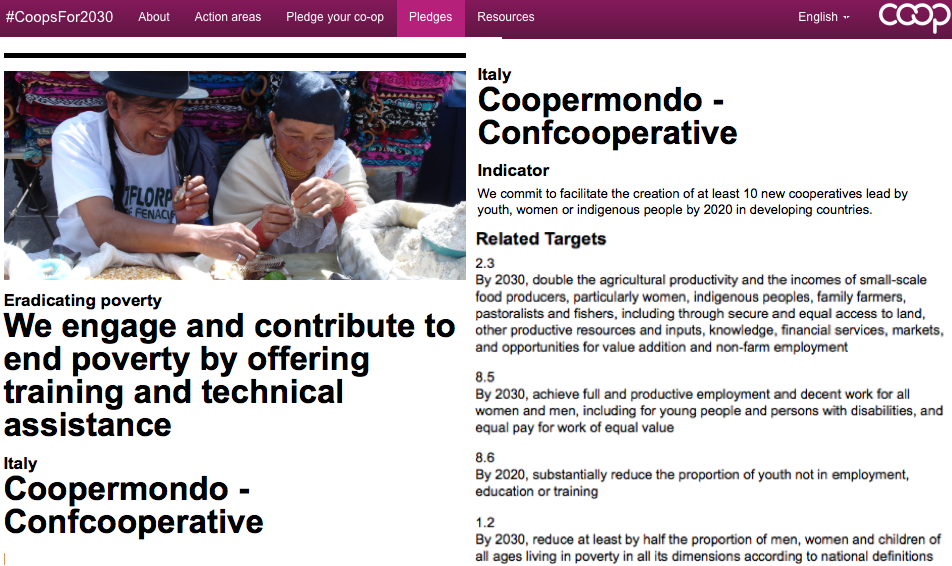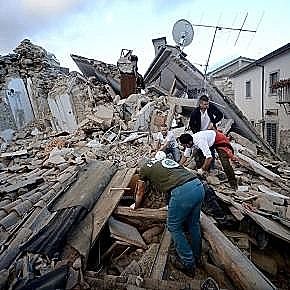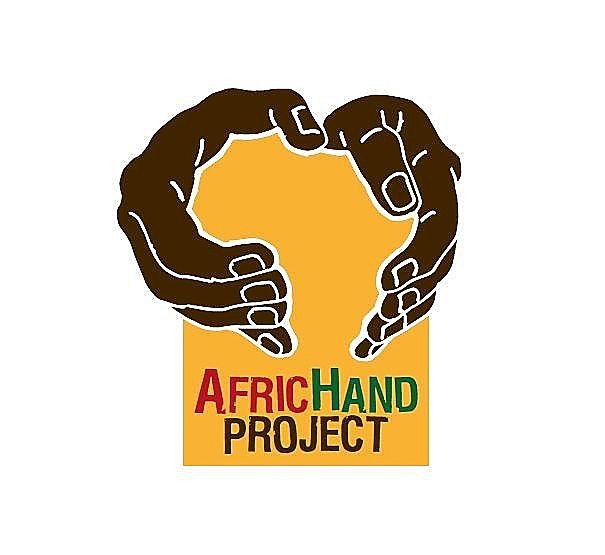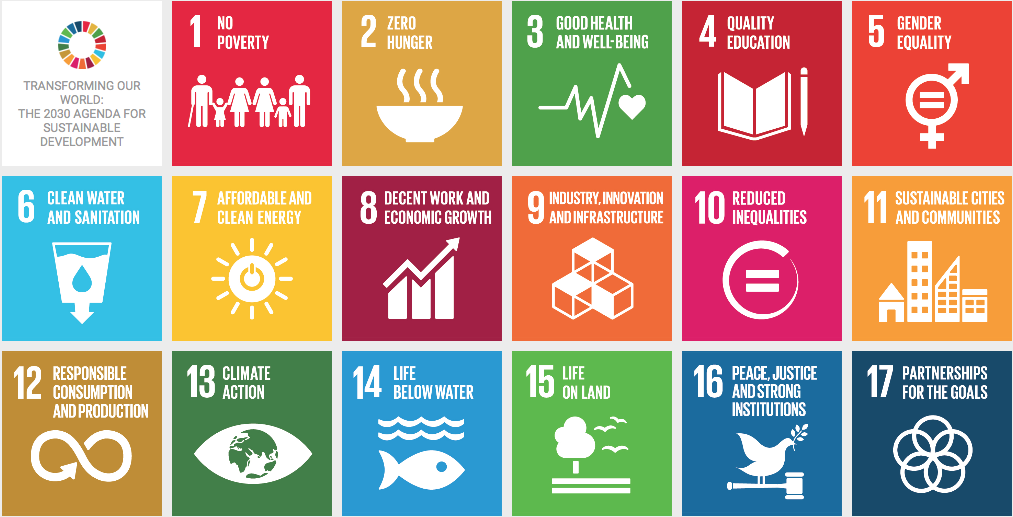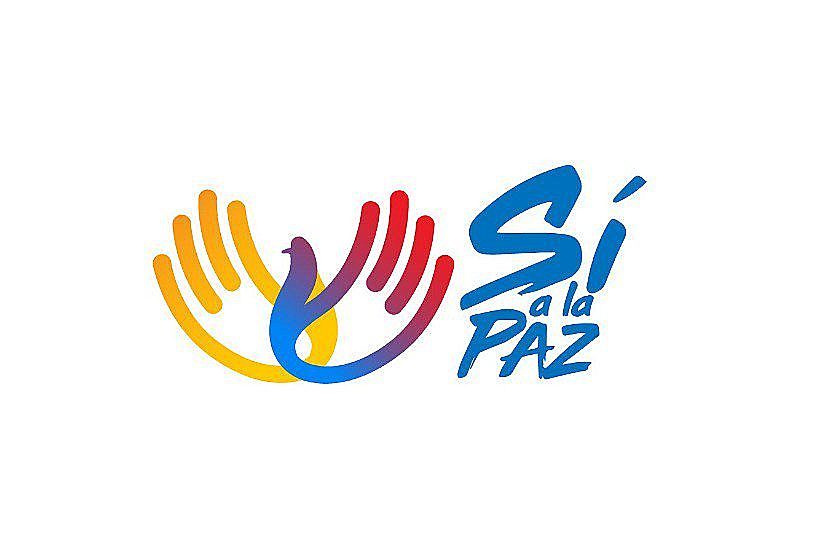IFAD delegation visits cooperatives in Emilia-Romagna: “Your model helps developing countries”.
The cooperative model represents an opportunity to boost the economies of developing countries. This became clear thanks to yesterday’s visit to some cooperatives in Emilia-Romagna by a delegation of IFAD (International Fund for Agricultural Development), the specialized agency of the UN in charge of fighting poverty in rural areas of developing countries, with the participation of Adriana Apollonio, Deputy Head of Representation of the Italian Embassy at the Roman pole of UN Agencies. The initiative was organized by Confcooperative and Coopermondo to promote international cooperation projects in favour of disadvantaged populations.
“I was very impressed by the wide range of cooperatives in Emilia-Romagna that are part of Confcooperative – said Donal Brown, associate vice-president IFAD, who led the delegation – The International Fund for Agricultural Development, based in Rome, works to help poor farmers in developing countries and does so in conjunction with cooperatives, among others. Starting with this visit, I see many opportunities for a joint effort by IFAD and Confcooperative to support poor communities in developing countries”.
Starting from the Corte d’Aibo cooperative in Monteveglio, on the hills of Bologna, one of the first in the area to embrace organic farming thirty years ago and which now manages a wine farm and a holiday farm, the delegation moved to the Modena area, where they had the chance to get to know the production of some of the best products from Emilia-Romagna known throughout the world. In particular, the Parmigiano Reggiano produced by the 4 Madonne dairy cooperative of Lesignana and the traditional balsamic vinegar of Modena made by a member of the cooperative La Tradizione in their garret in Nonantola. After a lunch with typical products at the Locanda degli Smeraldi in Bentivoglio (Bo) run by the social cooperative Anima, which employs disabled children, the delegation moved to the Serre dei Giardini Margherita in Bologna to meet the Kilowatt cooperative (an innovative start-up that regenerated a public space by opening a restaurant, educational services, co-working and promoting events) and Local to You, an online platform for buying fruit and vegetables that promotes organic and local agriculture in partnership with other social cooperatives.
“It was a very interesting visit – said the president of Confcooperative Fedagripesca Giorgio Mercuri – because it allowed us to show IFAD our cooperative system, made of small producers who, by joining together, are able to enhance their production at an international level and to restore dignity even to the weakest links in the agricultural chain”.
“Emilia-Romagna is the cradle of the cooperative movement that has developed here more than anywhere else – added Carlo Piccinini, president of Confcooperative Fedagripesca Emilia-Romagna – so we are very happy if our business model that focuses on producer members becomes a source of inspiration for developing countries”.
Coopermondo, the NGO of Confcooperative, promotes the cooperative model at an international level in the most vulnerable areas and in 2016 signed a letter of intent with IFAD. “Visits like the one carried out in Emilia-Romagna – noted Camilla Carabini, director of Coopermondo – are very important because they increase the awareness of international institutions about the effectiveness of the cooperative model, which can find fertile ground even in socio-economic contexts different from the Italian one, adapting to the peculiarities of individual states but without changing the essential values such as active and democratic participation of members, redistribution of wealth and prosperity generation for the entire community”.


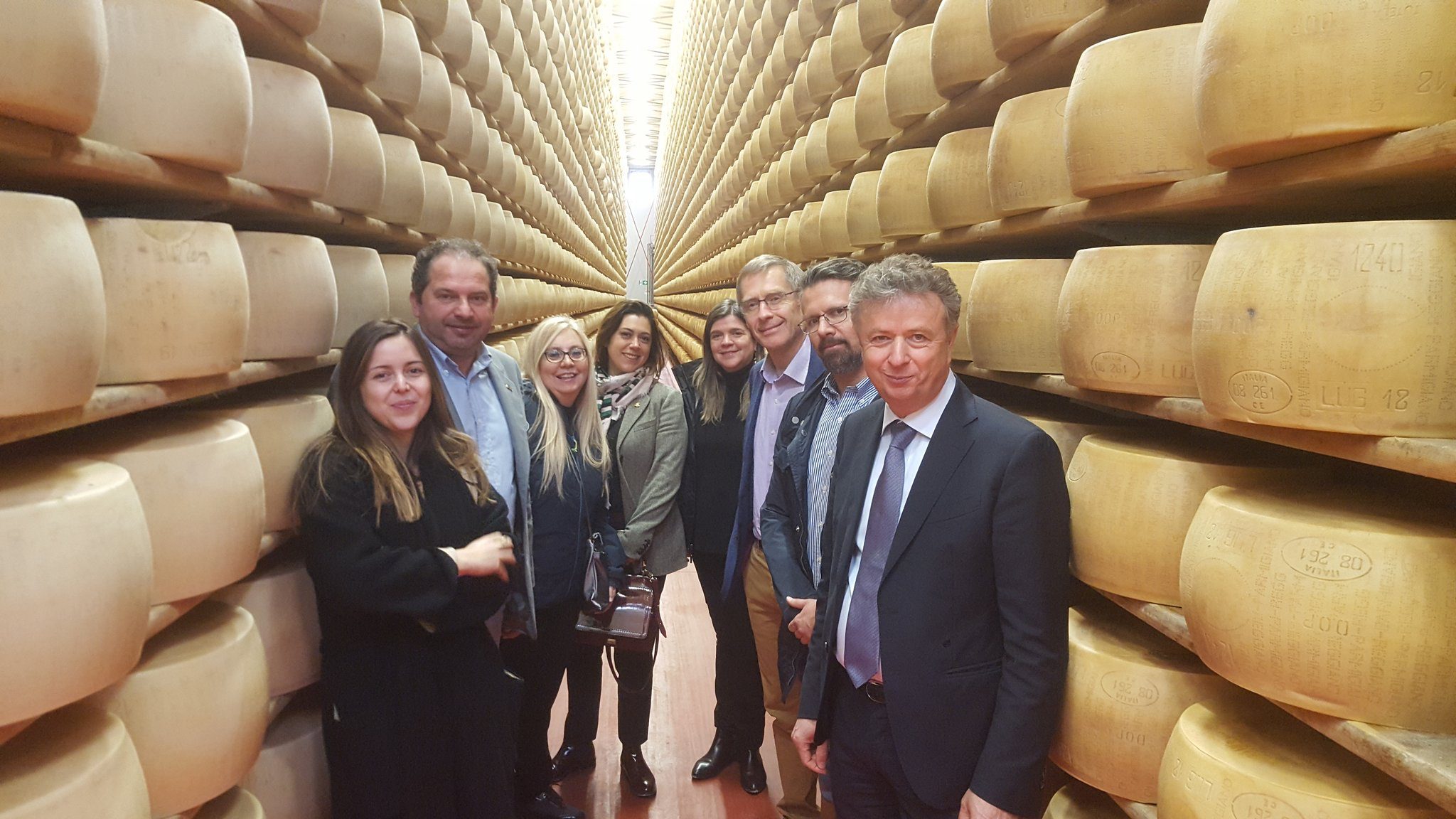
![cover[2]](https://www.coopermondo.it/wp-content/uploads/2019/03/cover2-2480x971.jpg)
